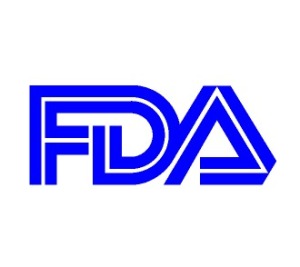by
Brendon Nafziger, DOTmed News Associate Editor | September 12, 2012
The Food and Drug Administration said Wednesday that it has approved a PET imaging agent that helps doctors see if prostate cancer has returned in men who have already been treated for the disease.
The decision comes as the FDA begins to enforce a 2009 rule that all PET drug producers have to follow certain manufacturing guidelines and get their drugs approved by the agency.
The drug, a Choline C 11 injection, is given to men who have had prostate cancer and whose blood prostate specific antigen levels are still rising. The resulting PET scans can then help doctors identify sites in the body for a follow-up biopsy. The technique could help doctors spot lesions that might be missed on other imaging tests, such as CT scans, the FDA said in a press release.




Ad Statistics
Times Displayed: 19090
Times Visited: 362 Stay up to date with the latest training to fix, troubleshoot, and maintain your critical care devices. GE HealthCare offers multiple training formats to empower teams and expand knowledge, saving you time and money
The FDA's approval follows a review of four studies that found at least half of patients with negative traditional scans and elevated PSA levels had cancer in the sites chosen for follow-up after the PET scan detected an abnormality. However, the studies, which involved 98 patients, also found a risk for false positives between 15 and 47 percent, which is why the follow-up tissue sampling is necessary.
The only reported side effects were an "uncommon, mild skin reaction," the FDA said.
Enforcing regulations
While Choline C 11 injections have been in use for several years, no facility had yet been approved by the FDA to manufacture the drug, the agency said. Mayo Clinic's PET radiochemistry facility in Rochester, Minn. is the facility that received the current approval, the FDA said.
A 1997 law, which tasks the FDA with overseeing the manufacture of PET drugs, led the agency in December 2009 to publish rules specifying how to meet good manufacturing guidelines. These rules also required PET producers to file a new drug application, or an investigational drug application, for all unapproved PET drugs within two years. However, the agency later extended the deadline until June 12, 2012 for facilities that complied with other FDA manufacturing policies.
After June 12, PET drug manufacturers, which include both large companies and hospitals, must now submit their drug approval applications or switch to a supplier that has already filed for approval. By December 12, 2015, all PET producers need actual approval for the drug, either a new drug application, abbreviated new drug application or an investigational new drug application, according to material on the FDA's website.

